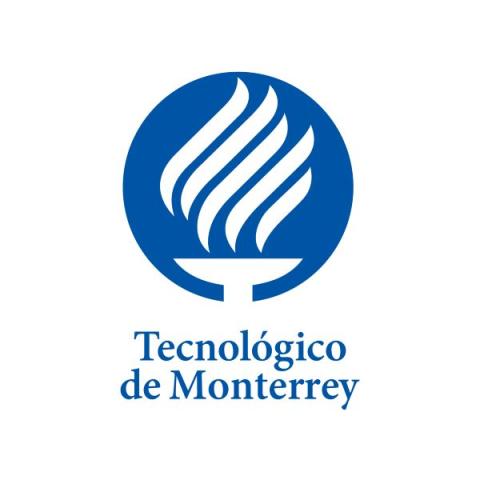
Host a competition to foster creativity and innovation at your institution
Challenging and rewarding staff for coming up with innovative solutions can help your institution become more adaptable and forward-thinking
Higher education institutions must constantly seek ways to enhance creativity and encourage innovation. To meet these aims, at Monterrey Institute of Technology, we launched a competition called the Innovation Challenge.
The Innovation Challenge encourages staff to propose groundbreaking projects that address institutional needs. It uses design thinking methodology, which fosters collaboration and creativity by involving multidisciplinary work teams in all phases of the process and encourages continuous learning due to its iterative process. We gamify the initiative to boost participants’ motivation, turning staff into agents of change.
The Innovation Challenge was conceived based on the theory of change which holds that changes do not occur spontaneously, but require planned and structured processes that allow us to:
- Implement new ideas and practices gradually and effectively
- Establish structure and a systematic approach
- Manage resistance
- Build a consensus
- Ensure sustainable and enduring implementation over time.
To launch it, we adapted Stanford University’s IDEO model which has been widely used in product development. It consists of five main steps:
- Empathise: understanding the users’ needs and challenges
- Define: defining the problem
- Ideate: generating creative and innovative ideas to address the problem
- Prototype: selecting and bringing the most promising ideas to life
- Evaluate: testing the prototypes and gathering feedback.
For the Innovation Challenge, we decided to address all stages except the “define” stage.
The iterative process of the methodology facilitates the improvement and refinement of ideas. Its user-centred collaborative approach allows us to address challenges and generate more relevant and meaningful solutions, providing an enriching and effective educational experience for all involved.
- Resource collection: What innovation needs to thrive in higher education
- How university leaders can use an ‘innovation for’ mindset to drive enrolment
- Resources for higher education professionals on leadership and strategy
We’ve run the Innovation Challenge twice, with participants from different specialisms and departments coming together to work in teams.
The competition lasts six weeks and the process is as follows:
- Advertising campaign: we send out newsletters and post details including the rules, the challenge and key dates on our social media channels
- Stage 1: we register participants and put them into multidisciplinary teams. The competition is open to whoever wishes to apply
- Stage 2: participants define the issue that needs to be solved based on the challenge posed
- Stage 3: participants propose innovative solutions, making sure to comply with the requirements (that the team engages in multidisciplinary collaboration and that the ideas solve the proposed challenge)
- Stage 4: participants create a prototype of the proposed solution, explaining the process in detail along with the necessary resources for its development and subsequent implementation
- Stage 5: participants pitch their ideas via a presentation to a panel of judges who evaluate them and assign scores based on an evaluation rubric
- Stage 6: we run an award ceremony where first-, second- and third-placed teams are celebrated.
Our evaluation rubric comprises seven criteria: feasibility, scalability, cost, risk, operation, effectiveness and creativity. We assess each criterion on a three-level scale: insufficient, good and excellent.
The first challenge was: “How can an instructional designer continuously evaluate and improve the design of a course?” The solutions were: (1) an application to measure the emotions and attitudes of students, (2) a rally-style competition to generate innovative ideas and (3) a mobile application to enrich learning experiences.
The second challenge was: “How to optimise and enrich activities with GenAI”. The solutions were the development of AI tools to (1) spell-check texts on the learning management system, (2) centralise reliable sources of pedagogy and (3) promote the use of inclusive language.
Running an innovation competition enhances creativity, fosters the development of innovative projects that tackle real-world issues and encourages multidisciplinary collaboration that has the potential to bring about impactful change. The gamified format encourages healthy competition and gives staff the opportunity and freedom to express their ideas in a controlled environment.
Diana Beatriz Estrada Beltrán is a planning leader, Elia Esther Mendoza Carabeo an instructional design leader, Gabriela Sánchez Castillo a pedagogical architect and Laura Patricia Zepeda Orantes is a pedagogical model innovation leader at Monterrey Institute of Technology.
If you’d like advice and insight from academics and university staff delivered direct to your inbox each week, sign up for the Campus newsletter.




